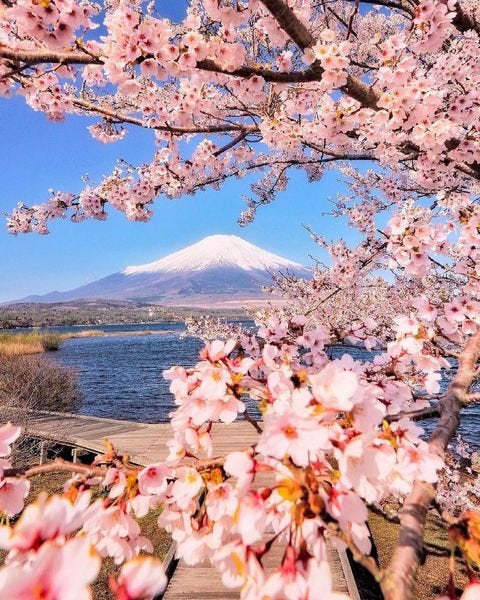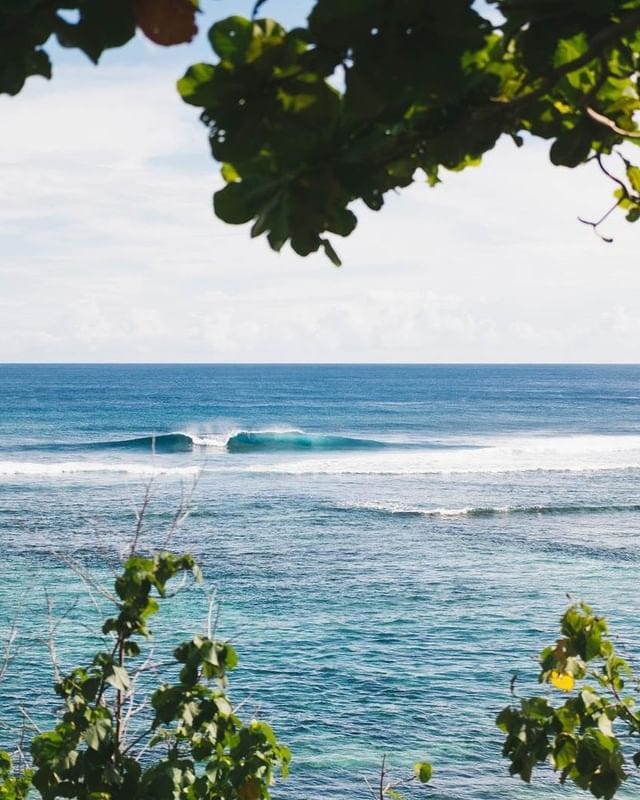Good morning!
Solidaritas is a fortnightly newsletter about women’s rights, feminism, and gender in Asia and the Pacific, covering the entirety of this huge region: from Afghanistan and Pakistan in the west to Kiribati and Cook Islands in the east.
If you like Solidaritas, it would be wonderful if you chose to support the newsletter by becoming a paid subscriber. It’s just US$5/month or even cheaper at US$40/year:
Love and solidarity,
- Kate
Afghanistan
Afghanistan is marking its second International Women’s Day since the Taliban returned, with women incarcerated in their homes and increasingly shut out of work, education, health care, and hunger relief. Specifically relating to education, eighty percent of school-aged Afghan girls and young women – totalling 2.5 million people – continue to be out of school. Meanwhile in Pakistan, women refugees from Afghanistan are particularly suffering, even though they outnumber men in camps.
A small bright spark: a piece on young Afghan women training to work as midwives in remote areas.
Australia
The Australian Council of Trade Unions (ACTU) summarises 10 important wins for women that have been achieved in Australia in the year since IWD 2022.
Women in Australia earn $1 million less on average over their lifetimes than men and retire with $136,000 less in superannuation, according to new research.
Cambodia
Seeking help for gender-based violence remains difficult in Cambodia, with physical and sexual violence against women and girls often surrounded by a culture of silence and a tendency to find fault with victims.
China
High costs and career impacts remain barriers to having children for many women despite the government’s best efforts, such as free childcare and IVF help.
Fiji
It’s a new era of democracy in Fiji, but where are all the women?
The Fijiana Drua are smashing through the sociocultural barriers stopping girls and women playing Fiji’s favourite sport.
Hong Kong
A women's labor organization were forced to cancel a march to mark International Women’s Day amid threats from police that they would arrest key activists.
India
The recent electoral victories Hekani Jakhalu and Salhoutuono Kruse in Nagaland are a beacon of hope for women’s political representation, but also a grim reminder of the inequalities that exist in the region.
India’s self-help groups have advanced gender equality and contributed to a sharp decline in poverty over the past 15 years. The task now is to replicate their success elsewhere and apply their lessons to other barriers to women’s advancement.
The Women’s Premier League for cricket is now getting as much hype from crowds as the men’s. A great story in a region where cricket is THE sport.
A survey has revealed that more than 50% of women did not step outside the house the previous day. What’s going on?
At the time of independence, just one in 11 Indian women and girls was literate. Now, it’s nearly four out of every five.
Horrifying: VICE World News has counted at least seven murders in India in the last five months that saw the accused chopping up the victims into multiple pieces.
Indonesia
Meet Indonesia’s female forest defenders in this podcast episode:
A band of forest defenders, organized and led by women, is demonstrating that social forestry can stop [the] destructive exploitation [of forests] by engaging the communities whose lives are entwined with the health of the forest. Beginning with a handful of women in the Aceh village of Damaran Baru, 1,000 forest defenders in 15 villages now patrol the forest.
Finance Minister Sri Mulyani is a popular figure in Indonesia, well-liked for cracking down on corruption. What are her chances of becoming president, and does she even want it?
Japan
Meet Satoko Kishimoto, a female mayor in Tokyo fighting Japan's sexist attitudes.
Over 80% of Japanese people believe women are over-burdened by child care and housework, a survey has revealed.
Nepal
One of the most glaring issues in discussions on transitional justice in Nepal is the invisibilisation of the survivors of sexual violence during the Maoist insurgency.
How Nepali women in politics maintain other sources of income.
Dawa Yangzum Sherpa has become Nepal’s first female mountain guide certified by the Swiss-based International Federation of Mountain Guides. While there are fifty Nepali men who also hold the title, Dawa is the first woman to do so.
Malaysia
Michelle Yeoh has become the first Asian woman to win best actress at the Oscars. Malaysia was jubilant at the news, but it came among criticism from industry workers that the government doesn’t do enough to support the sector.
Women’s March Malaysia marched for IWD, before organisers and participants were hauled before the police for questioning.
Myanmar
Myanmar’s junta has killed nearly 500 women in just over two years, according to the National Unity Government. It also arrested 3,125 women and sentenced 11 to death.
Why inclusion matters for the resistance movement in Myanmar.
North Korea
A new UN report on the rights of women and girls in North Korea has documented how the country’s prolonged Covid-19 border restrictions have pushed an already vulnerable population to the brink:
The report, released last week by the UN special rapporteur on human rights in North Korea, Elizabeth Salmon, describes the disproportionate impact of the restrictions on women and girls, who already have limited access to food, medicines, health care, and livelihoods. It raises concerns about declining economic participation for women due to Covid-19 restrictions and the effect on families’ livelihoods since women in North Korea are the main breadwinners. The report also flags possible increased domestic violence linked to the pandemic and resulting economic pressures.
Pakistan
Tens of thousands of Pakistani women have rallied in major cities across the country as part of the sixth Aurat March (Women’s March) to mark International Women’s Day:
As women and members of the transgender community marched in Islamabad, trying to cross a police blockade, they were baton charged by the police. Several members of the transgender community were injured.
Imaan Zainab Mazari-Hazir, one of the organisers in Islamabad, called the state “anti-women”, adding that what the participants faced today was nothing new.
“We have been saying this for decades now. Be it the time of previous dictators or today. Nothing has changed,” she told Al Jazeera.
“We speak of socialist feminism. We speak of democracy. We speak of anti-enforced disappearances. We speak of equality and access to public spaces for women. These are the reasons why the state will always have a problem with us.”
Regional
How to deliver gender equity in conservation.
Both Cambodia and Laos declared a holiday for International Women’s Day this year. But does it really mean the governments are committed to women’s rights?
Southeast Asia’s regional blouse, the kebaya, is being nominated to join Unesco's Intangible Heritage List for 2023.
South Korea
President Yoon Seok-yul’s conservative government continues his quest to reverse the progress made by South Korean feminists in recent years.
Sri Lanka
Sri Lanka has adopted its first National Action Plan on Women, Peace and Security.
Thailand
This IWD, women's rights groups campaigned for the legalisation of sex work and better support for women in the industry, arguing that decriminalising the trade would provide greater protection for workers.






